About the school
Contemporary medicine, pharma, and biotech have largely been transformed into data-dependent ventures, where large scale biological data analyses are cornerstones of success. Technologies that have revolutionized bio-related research and industries, such as large-scale sequencing, have also posed the challenge of having enough specialists able to transform data into knowledge (bioinformaticians). Training specialists in the field of bioinformatics and genomics is thus of tremendous importance to life science research.
In response to this challenge, the Armenian Bioinformatics Institute (ABI) in collaboration with the Bioinformatics Group at the Institute of Molecular Biology (IMB) NAS RA are organizing a summer school in genome bioinformatics.
If you are a biologist or data/computer scientist eager to start your journey in bioinformatics and genomics, then consider applying! This summer school offers you a possibility to gain basic knowledge and skills you’d need to start your first bioinformatics project. During the school you will have an opportunity to ask questions to your mentors, meet peers and discuss your progress. You will also have the unique opportunity to meet scientists from Armenia and abroad who will join us with guest lectures, talks and seminars. You will learn about the role of bioinformatics in life sciences and in the industry.
At the end of the school, a few students will be selected to engage in research projects of our guest scientists after successful completion of the school program. A limited number of scholarships will be available to support research activities of those students.
This event is sponsored by Tashir MEDICA.
Mentors
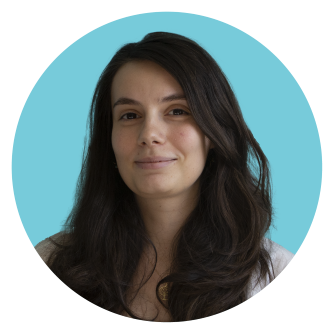
Maria Nikoghosyan
PhD student
BIG IMB NAS RA
Research interests: analysis of disease associated genetic variants in different populations and risk prediction for complex diseases via applications of machine learning.
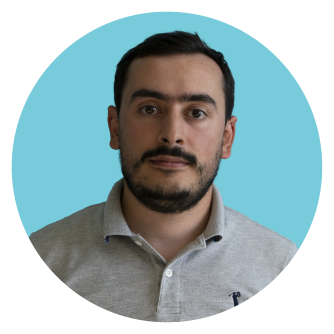
Siras Hakobyan
PhD student
BIG IMB NAS RA
Research interests: analysis of pathway activity states in cancers based on pathway topology, gene expression, and somatic mutation data; as well as nanopore sequencing technologies.
Program
| Week | Learning outcomes/prerequisites |
|---|---|
| 1-4 | Command-line tools R or Python scripting Basics of Molecular Biology |
| Midterm test #1 | |
| 5-8 | Statistics: fundamentals Wet lab technologies: PCR, sequencing (3 generations) Next generation sequencing (NGS) data analysis |
| Midterm test #2 | |
| 9-11 | Final project: analysis of SARS-CoV-2 genomes |
| Selection of students, formation of new research projects with guest scientists |
Everyday schedule
Participants will have an opportunity to learn at their own pace, at the same time getting help from peers and mentors in closed (one-on-one meetings) and open (office hours) formats, and taking “classic style” lectures as well.
| Time | Activity |
|---|---|
| 10:00-10:45 | Morning stand-up with students/mentors/project coordinator (participants share their progress, talk about challenges while drinking morning coffee) |
| 11:00-13:00 | Self-learning activities One-on-one meetings with mentors |
| 13:00-14:00 | Lunch break (at the expense of each participant) |
| 14:00-15:00 | Office hour: ask your questions to the mentors |
| 15:00-16:00 | Peer-to-peer discussions (exchange of complementary skills/knowledge between biology and data/computer science students) |
| 16:00-17:00 | Guest lecture* |
| 17:00-18:00 | Evening tea |
Guest speakers
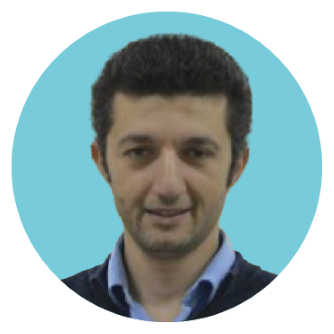
Arsen Arakelyan
ABI, BIG IMB NAS RA
Armenia
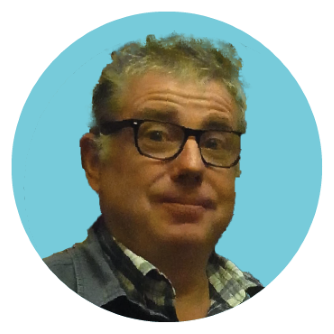
Hans Binder
ABI, Leipzig University
Germany
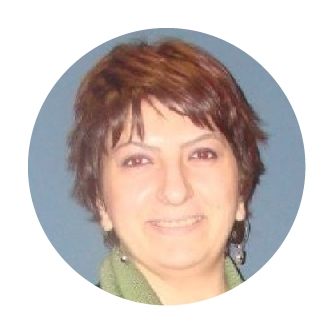
Roza Selimyan
University of Maryland
USA
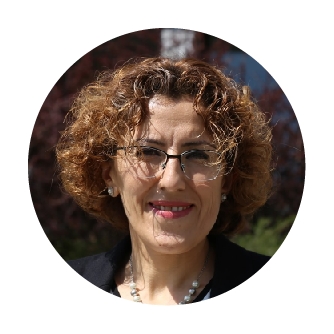
Meri Hovsepyan
Ayb School
Armenia
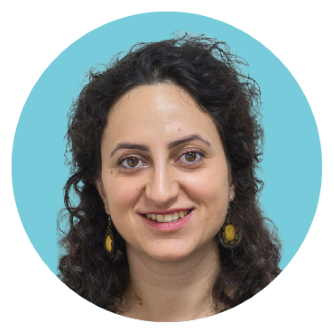
Araks Martirosyan
KU Leuven
Belgium
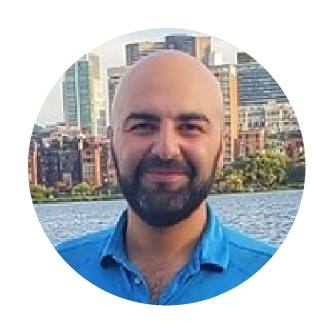
Narek Dshkhunyan
10x Genomics
USA
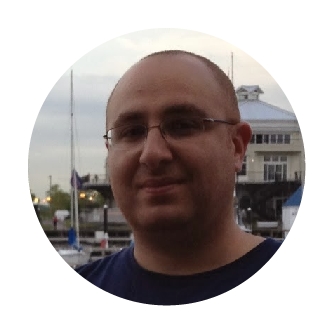
Davit Sargsyan
Janssen PRD (J&J)
USA
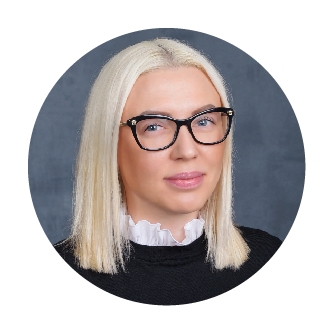
Volha Tryputsen
Janssen R&D (J&J)
USA
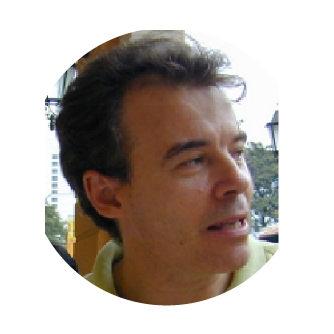
Javier Cabrera
Rutgers University
USA
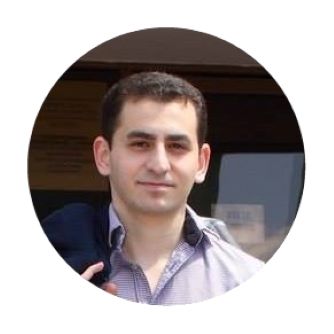
Hrant Hovhannisyan
Barcelona Supercomputing Center
Spain
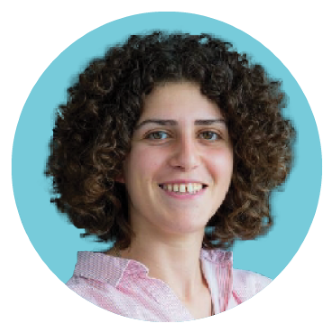
Anna Hakobyan
Max Perutz labs
Austria
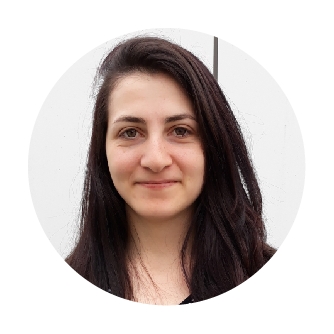
Shushan Toneyan
Cold Spring Harbor Laboratory
USA
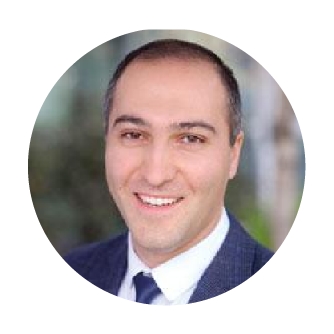
Sargis Sedrakyan
University of Southern California
USA
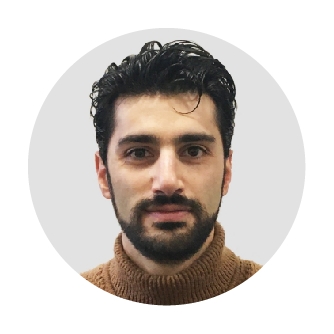
Ashot Margaryan
University of Copenhagen
Denmark
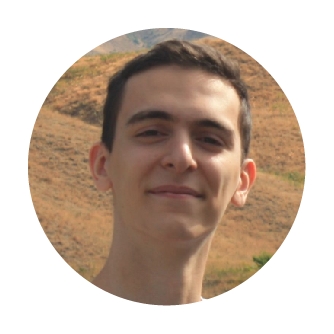
Stepan Nersisyan
Higher School of Economics
Russia
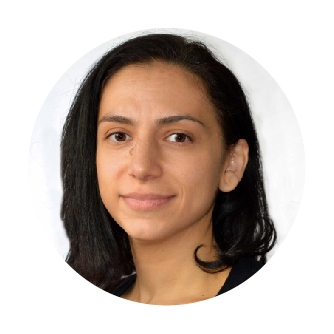
Ruzanna Zakaryan
Innovation Park, EPFL
Switzerland
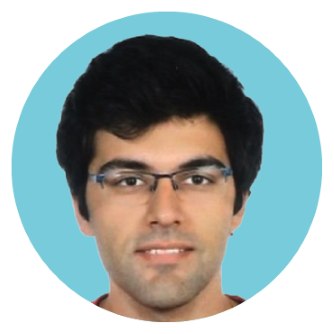
Erik Aznauryan
Harvard University
USA
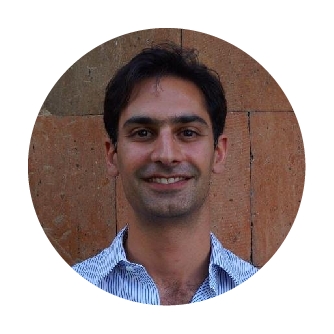
Haig Eskandarian
UCSF
USA
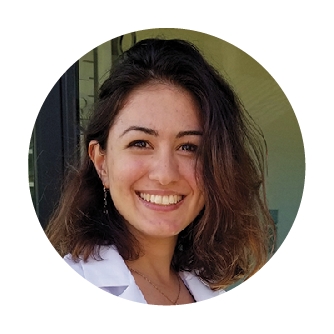
Lilit Grigoryan
Stanford University
USA
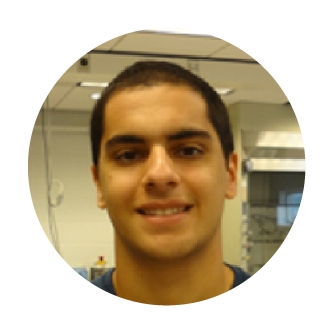
Varderes Barsegyan
Freenome
USA
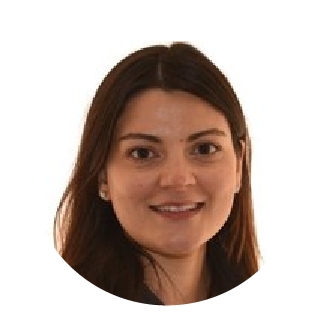
Hasmik Yepiskoposyan
PMI R&D
Switzerland
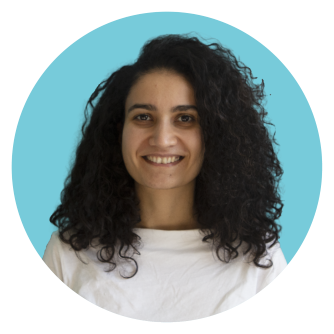
Lilit Nersisyan
Karolinska Institutet
Sweden
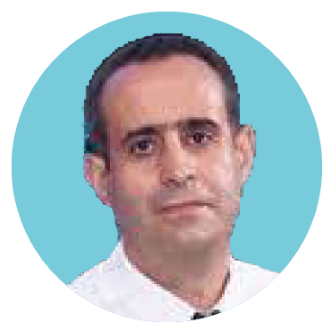
Ogsen Gabrielyan
Boehringer Ingelheim
Germany
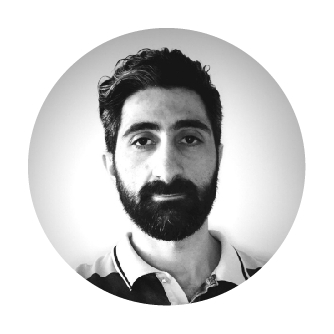
Vahe Momjyan
Webb Fontaine
Armenia

Aram Adourian
Flagship Pioneering
USA
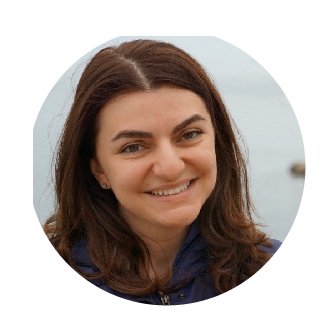
Shushan Sargsian
NYU School of Medicine
USA
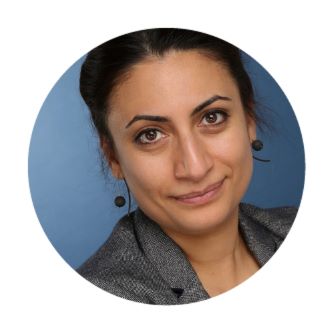
Anahit Galstyan
University of Cologne
Germany
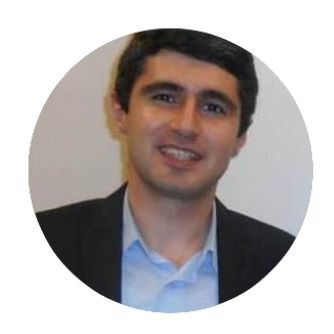
Ara Abramyan
Schrödinger
USA
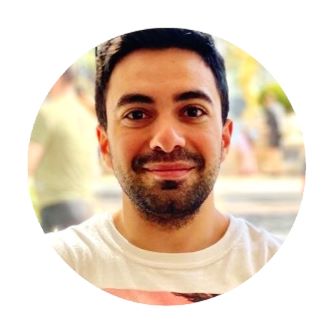
Vardges Tserunyan
University of Southern California
USA
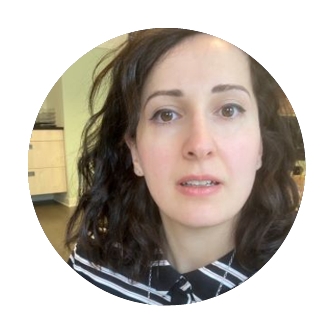
Lilit Atanesyan
MRC Holland
Netherlands
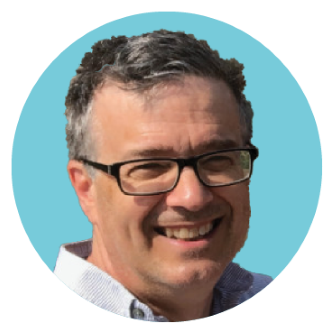
Jonathan Schug
University of Pennsylvania
USA
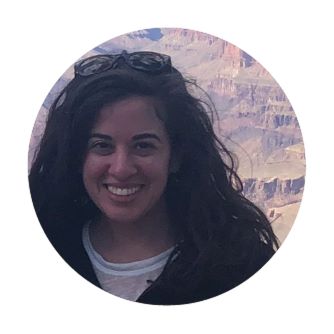
Alexandria Papa
Inari
USA
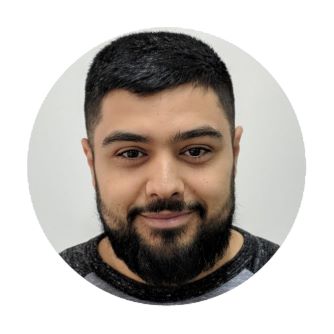
Martun Karapetyan
Software Engineer
Armenia
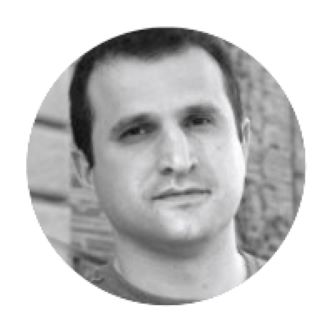
Garegin Papoian
University of Maryland
USA
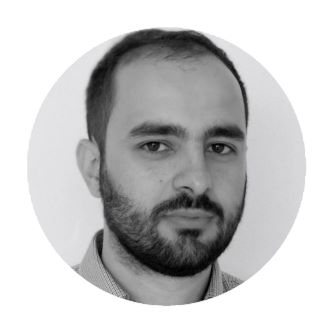
Vardan Andriasyan
University of Zurich
Switzerland
Volunteers
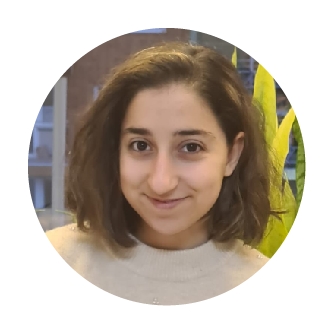
Susanna Azatyan
Birthright Armenia
Friedrich Wilhelm university Bonn
Germany
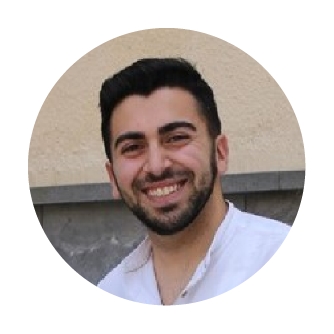
Narek Shamamyan
American University of Armenia
Who can apply
Students, graduates and young researchers with basic knowledge of biology OR basic coding skills (R, python, ect. ) are welcome to apply. Basic English is required.
Registration
Registration deadline: 01 June 2021
Interviews: 03 June 2021
Notifications of acceptance: 04 June 2021
Payment deadline: 08 June 2021
Start date: 14 June 2021
End date: 25 August 2021
Registration fee
Payments* of 5000 AMD should be made via bank transfer․ The details will be sent out to accepted participants.
* the fee includes: welcome gifts, access to learning materials and resources.
Venue
Institute of Molecular Biology, 7 Ezras Hasratyan Street (Kanaker-Zeytun), Yerevan, Armenia
IMB is located in Kanaker-Zeytun district, 200m to the left of the Mikaelyan institute of surgery. Please note, the street name is Ezras Hasratyan street, not to mix it with Grigor Hasratyan street which is located on the other side of the city. Microbuses number 99 and 33 pass right in front of the building.
Organizers
Lilit Nersisyan, Karolinska Institutet, Stockholm, Sweden
Maria Nikoghosyan, IMB NAS, Yerevan, Armenia
Siras Hakobyan, IMB NAS, Yerevan, Armenia
Anna Hakobyan, Max Perutz labs, Vienna, Austria
Arsen Arakelyan, IMB NAS, Yerevan, Armenia
Sona Melikjanyan, Yerevan, Armenia
Narine Chukhuryan, Yerevan, Armenia
Sona Avagyan, Yerevan, Armenia
Partners
Official sponsor
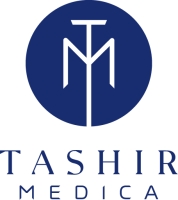
Co-organizers

Contacts
In case of questions, please contact us at [email protected] or call (+374) 95 899 149 (Maria Nikoghosyan).
Frequently asked questions
Is there an age range?
Anyone can apply independent of age. However, we would like the participants to have basic programming skills OR basic knowledge of biology. Basic English is also a requirement. Participants will be selected based on their prior experience and motivation to learn.
Can I apply if I also have a job?
It is important that the participants are there in the morning stand-up sessions, meetings with mentors and peer2peer discussions, as well as guest lectures.
What is the working language of the school?
The learning materials and the majority of guest lectures will be in English. The language of communication with mentors and peers will be Armenian (given all of the participants know Armenian).
I don’t know biology. I only know programming. Can I apply?
Yes, basic knowledge of any programming language (and English) is a sufficient prerequisite to apply.
I don’t know programming. I only know biology. Can I apply?
Yes, basic knowledge of biology (and English) is a sufficient prerequisite to apply.
What opportunities will I have after the school?
The school will give you basic knowledge and skills to start your journey in bioinformatics. You will also get to know several scientists from Armenia and abroad who are looking for students to engage them in their own research. After successful completion of the school, you will have an opportunity to continue conducting research under their mentorship. A limited number of research scholarships will be available to support successful students in their further research.
Should I bring my own laptop?
Yes, you should bring your own laptop. We have a limited number of desktop computers on-site and will provide them to selected participants.
What does the registration fee include?
We provide welcome gifts and access to learning materials. The registration fee is only a one-time payment of 5000 AMD for the whole duration of the school.
Can I become a speaker?
Absolutely! If you are a life scientist willing to contribute your knowledge and skills, or to engage students in your research, you are welcome to join! Contact us at [email protected] and we will be in touch with you shortly.